My Thoughts on CocoKind 's Mineral Sunscreen ☀️ RN Review
Needing a mineral sunscreen—without the whitecast?
Here are my thoughts on CocoKind’s daily spf lotion ☀️
I am a minimalist when it comes to skincare and makeup. And if you have been around for a while you know that I don't want a TON of products. Instead, I want a few core products that really work. I want my skin to be protected and am also mindful of the ingredients I put in and on my body. And the real kicker is if I can find a quality product without breaking the bank
So when I saw cocokind's daily spf, I was excited to try it! And just as a disclaimer, I have no affiliate partnership with the brand and have purchased all the products I have tried with my own money. I know finding quality products can be kind of stressful- researching ingredients, fitting things into your budget, honoring your own personal priorities.. and then later finding out that a new wellness product doesn't work is so disappointing. That is why my heart is always to do some of the research for you and share my honest experience.
Benefits of Sunscreen
I have a strong family history of skin cancer, so while I prioritize holistic safe sun practices (ya know-- shade, avoiding sun rays during peak hours of the day, and using clothes, hats, and umbrellas to minimize exposure), I also love having a high-quality sunscreen on hand. Especially for my face-- ya know, anti-aging protection and all that :)
Physical Sunscreens Vs. Chemical Sunscreens
When it comes to protecting our skin from the sun's harmful rays, the type of sunscreen you choose matters-- and the amount of different kinds on the market can be overwhelming.
Sunscreens are typically categorized into two main types based on their active ingredients: chemical filters and physical filters. Understanding the difference between these can help you make an informed decision about what you put on your skin.
Chemical sunscreens work by absorbing UV radiation and converting it into heat, which is then released from the skin. They usually contain ingredients like oxybenzone, avobenzone, and octinoxate. While effective, some of these chemicals have raised concerns for potential skin irritation and environmental impact (particularly on coral reefs).
In contrast, physical sunscreens, also known as mineral sunscreens, use active ingredients like zinc oxide or titanium dioxide to create a protective barrier on the skin’s surface. This barrier reflects and scatters UV rays away from the skin. Physical sunscreens are generally considered safer for sensitive skin and the environment.
The Problem With Mineral Sunscreens
One of the most common complaints with mineral sunscreen is the white cast it leaves on the skin. And many popular "clean" sunscreens are whiiiite. Meaning that if it is on your face, it can leave you rather pale-looking. I have a couple on hand (I love waxhead— but talk about serious white cast) that I will put on while I am out gardening or in intense sun-- but for everyday use, they aren't right for me. I would rather have something with a minimal white cast when applied to my face.
Bonus points if it layers well under foundation or other makeup products (again, I stick to pretty minimal makeup products if I wear any at all, but again-- I want products that DO IT ALL) 👏
My Cocokind Sunscreen Review
At the price point, I think this is a great option for so many people! I love that it goes on smooth, without feeling greasy (a must in a daily spf lotion IMO). And it doesn't leave a heavy white cast like some other sunscreens. It's an easy addition to my morning skincare routine, and I feel confident knowing I have sunscreen filters protecting my skin. I have a very "mixed" skin type-- sometimes struggling with slightly oily skin, other times leaning more towards dry skin-- but either way, I feel like it leaves me feeling hydrated.
CocoKind Sunscreen Ingredients
As always, I like to give the reminder about nuance with ingredients— one ingredient probably isn’t going to harm your health overall. But remember the cumulative effect of all your products you are putting in or on your body— they add up.
Do the research on the ingredients in your products and then pick what fits your personal goals best. With that, here are the ingredients in the Cocokind daily SPF:
Key ingredients:
non-nano zinc oxide: non-nano physical sunscreen protects skin against signs of premature aging (such as dark spots, fine lines, and wrinkles)
blue phytoplankton spirulina maxima extract: contains phycocyanin, which acts as an antioxidant to help defend skin from oxidative stress while boosting radiance
rice starch: helps leave a soft, dewy feel without the greasiness or stickiness
microalga phaeodactylum tricornutum extract: helps shield skin from the effects of urban living and pollution/dust and fortifies the skin barrier by boosting filaggrin, a key structural protein
And here is the full ingredient list:
active ingredients: zinc oxide 21%
inactive ingredients: water/aqua, caprylic/capric triglyceride, coconut alkanes, cetearyl alcohol, glycerin, aloe barbadensis leaf juice, argania spinosa kernel oil, tocopheryl acetate, helianthus annuus (sunflower) seed oil, coco-glucoside, glyceryl caprylate, sodium phytate, caprylyl/capryl glucoside, xanthan gum, dipotassium glycyrrhizate, sclerotium gum, cetearyl glucoside, butyrospermum parkii (shea) butter, tocopherol, coco-caprylate/caprate, caprylhydroxamic acid, sucrose, spirulina maxima extract, phaeodactylum tricornutum extract, oryza sativa starch, bisabolol, lecithin, polyhydroxystearic acid, polyglyceryl-3 polyricinoleate, isostearic acid, glucose, C8 alcohol, C10 alcohol.
For a deeper dive into the ingredients, check out this page by cocokind (I appreciate when companies actually show transparency and make their ingredient breakdowns easy to find!)
I love that they avoid artificial fragrances, artificial colors, or other potentially irritating ingredients.
Make sure you patch-test skin-care products whenever trying something new! We all have unique skin and our own skin's compatibility with certain ingredients.
FAQ's
What is the SPF value for CocoKind Daily SPF?
The daily SPF is a broad-spectrum sunscreen with a SPF rating of 32.
What about all the other labels on sunscreen products? Broad-spectrum? SPF? PA?
SPF stands for “sun protection factor” and it measures a sunscreen’s ability to protect against UVB rays. the SPF number tells you how long the sun’s UVB rays would take to darken your skin if you applied the sunscreen (as directed) compared with the amount of time without sunscreen. A broad spectrum sunscreen means it protects you from both UVA and UVB rays. PA is a sunscreen rating system often used in Asia and measures the level of protection against UVA rays.
What about coral reef safety?
Yes! This sunscreen meets requirements to meet reef safety!
Is this safe for pregnant women? What about kids?
Mineral sunscreens are generally recommended as safe for pregnancy and children alike, but as always, chat with your own personal health care provider about what is right for you :)
Is this a good option for blemish-prone skin?
I have shared a lot on this blog with my struggle with cystic acne. I have always had verryyy acne-prone skin-- and while holistic wellness plays a big role in this, products have definitely been known to flare up blemishes.



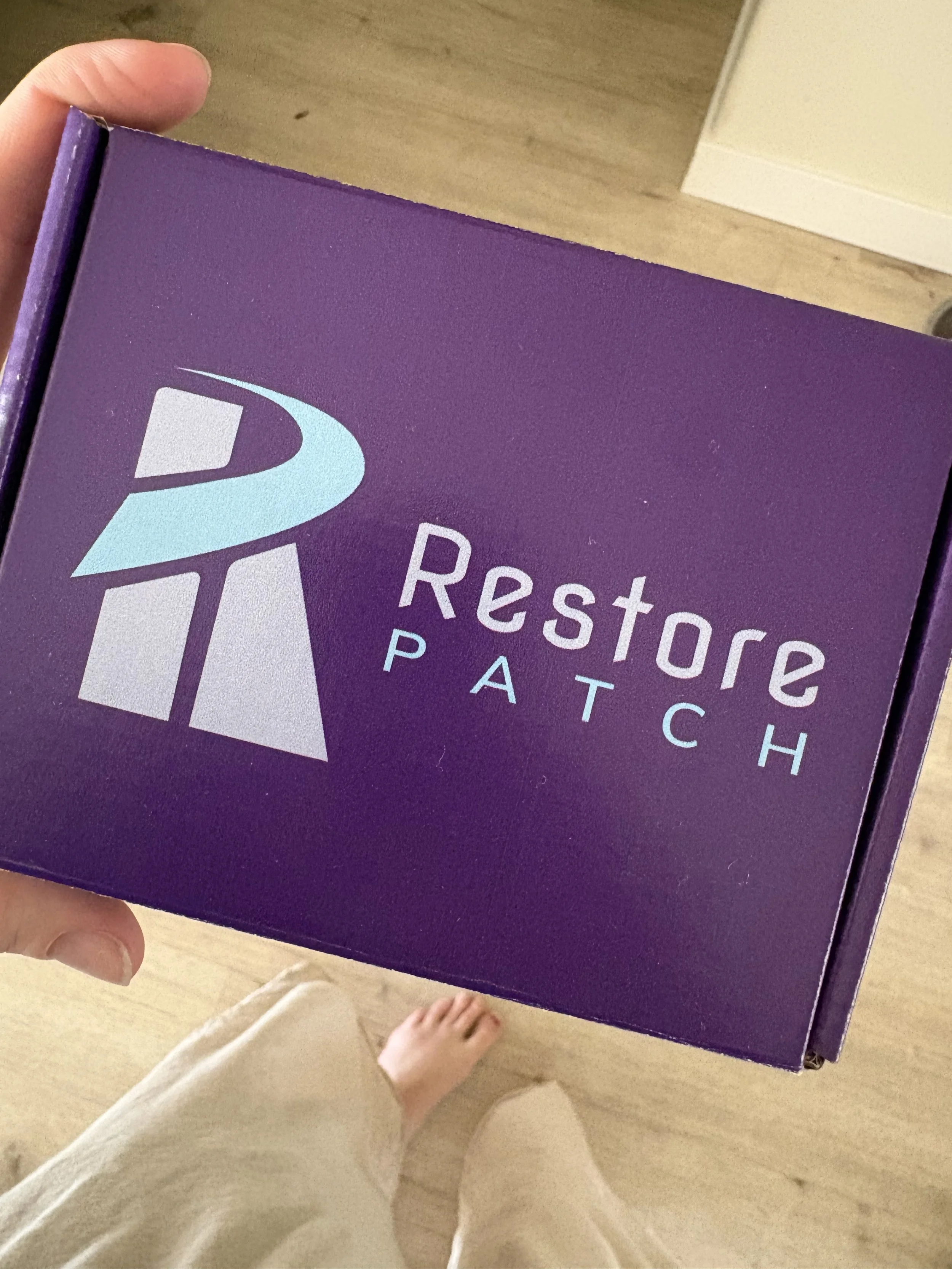
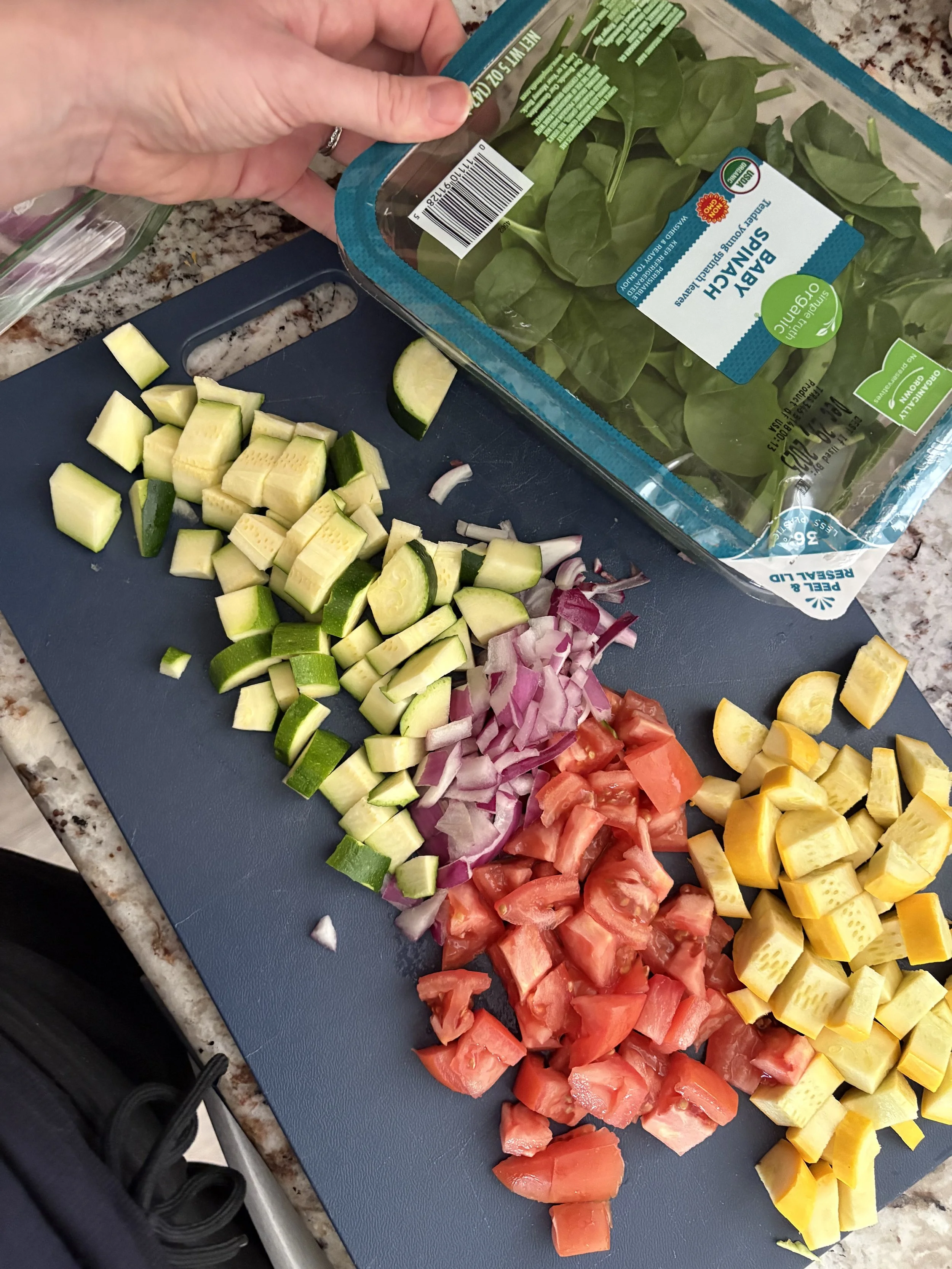
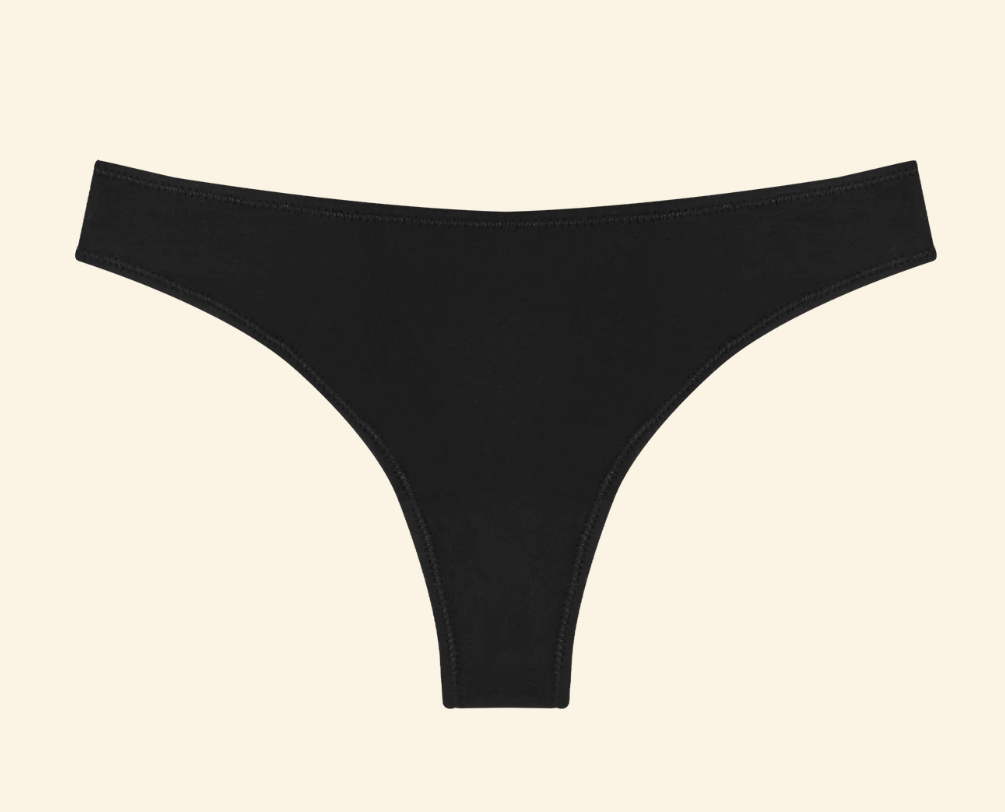
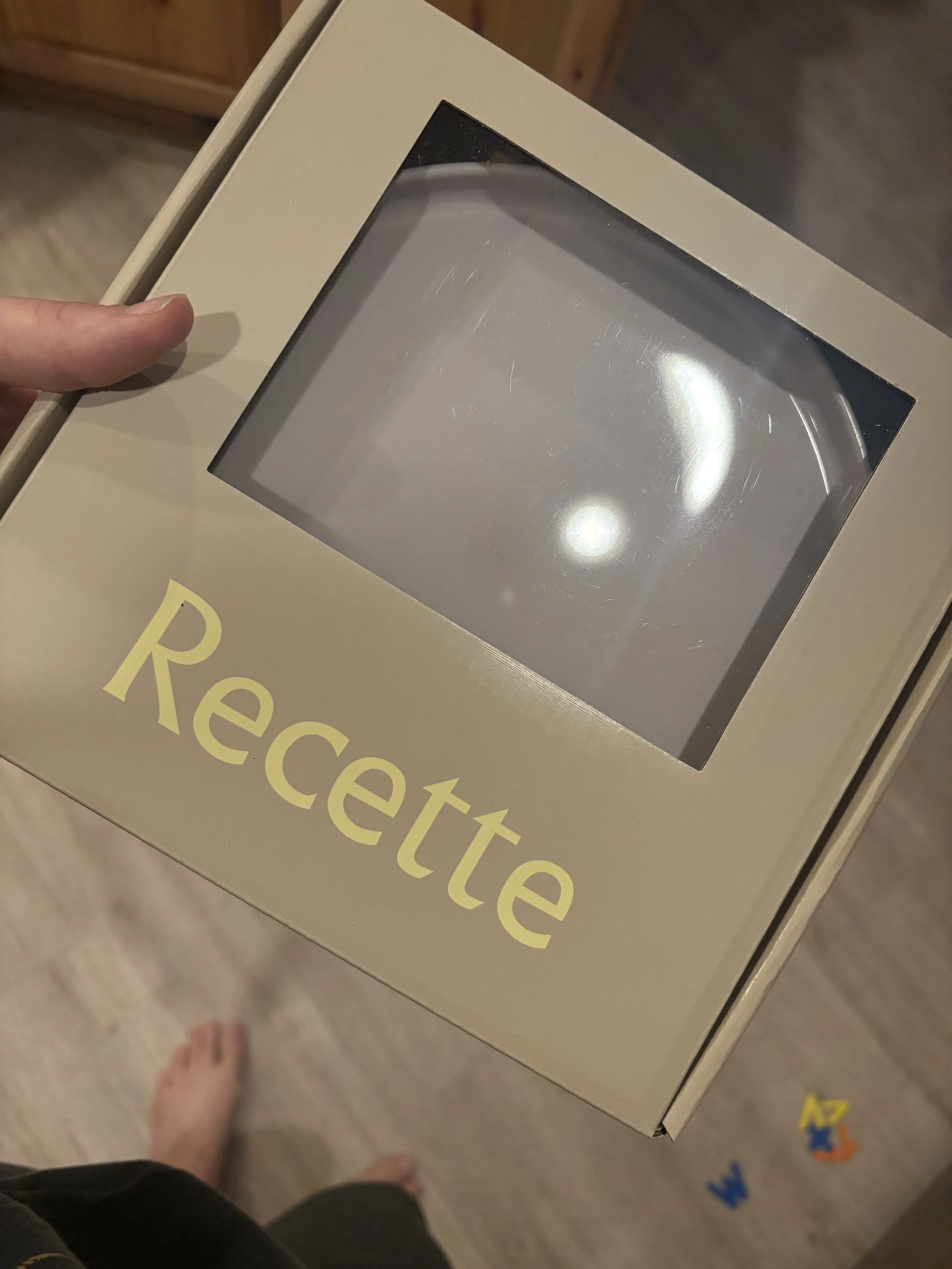

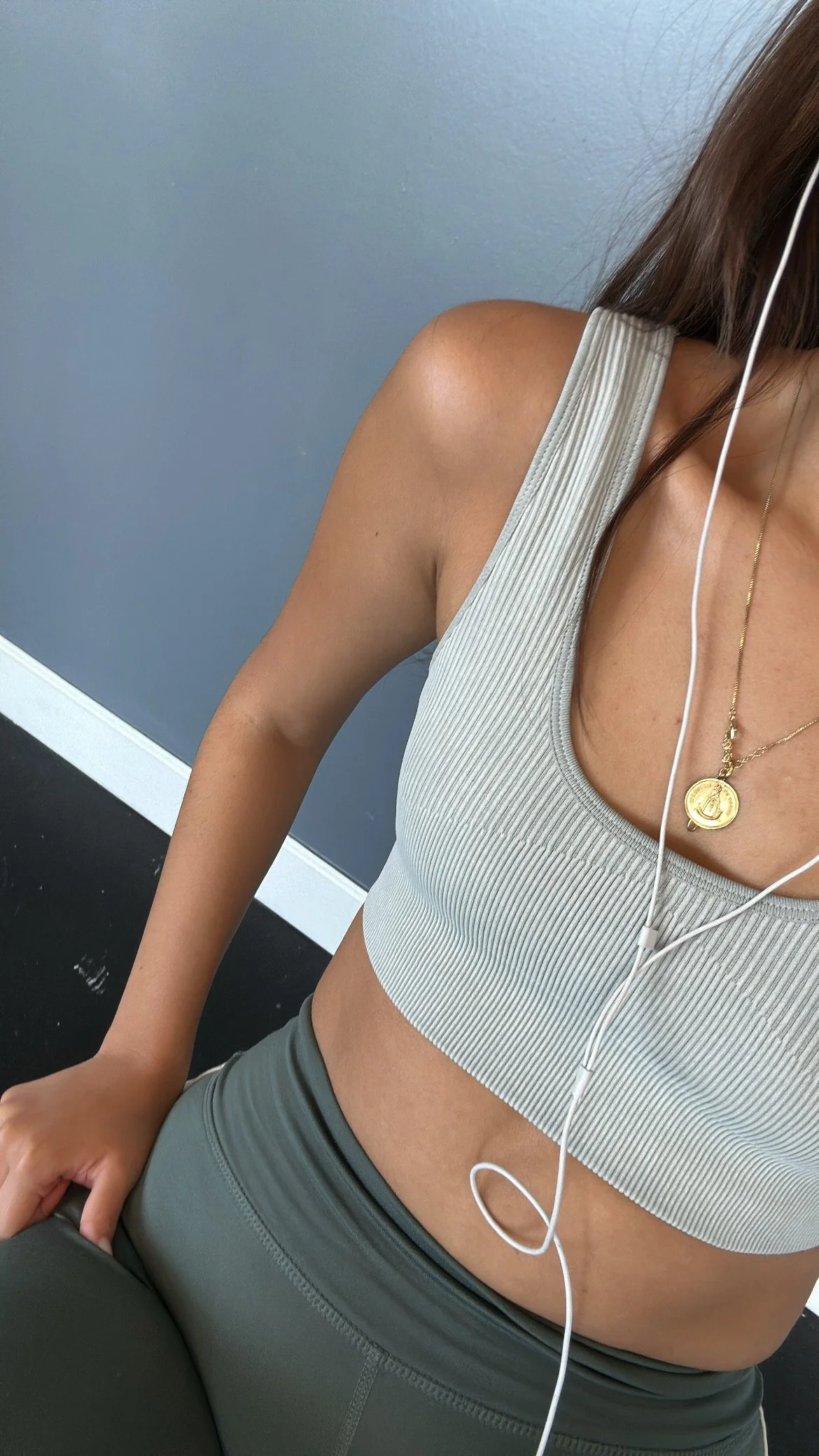
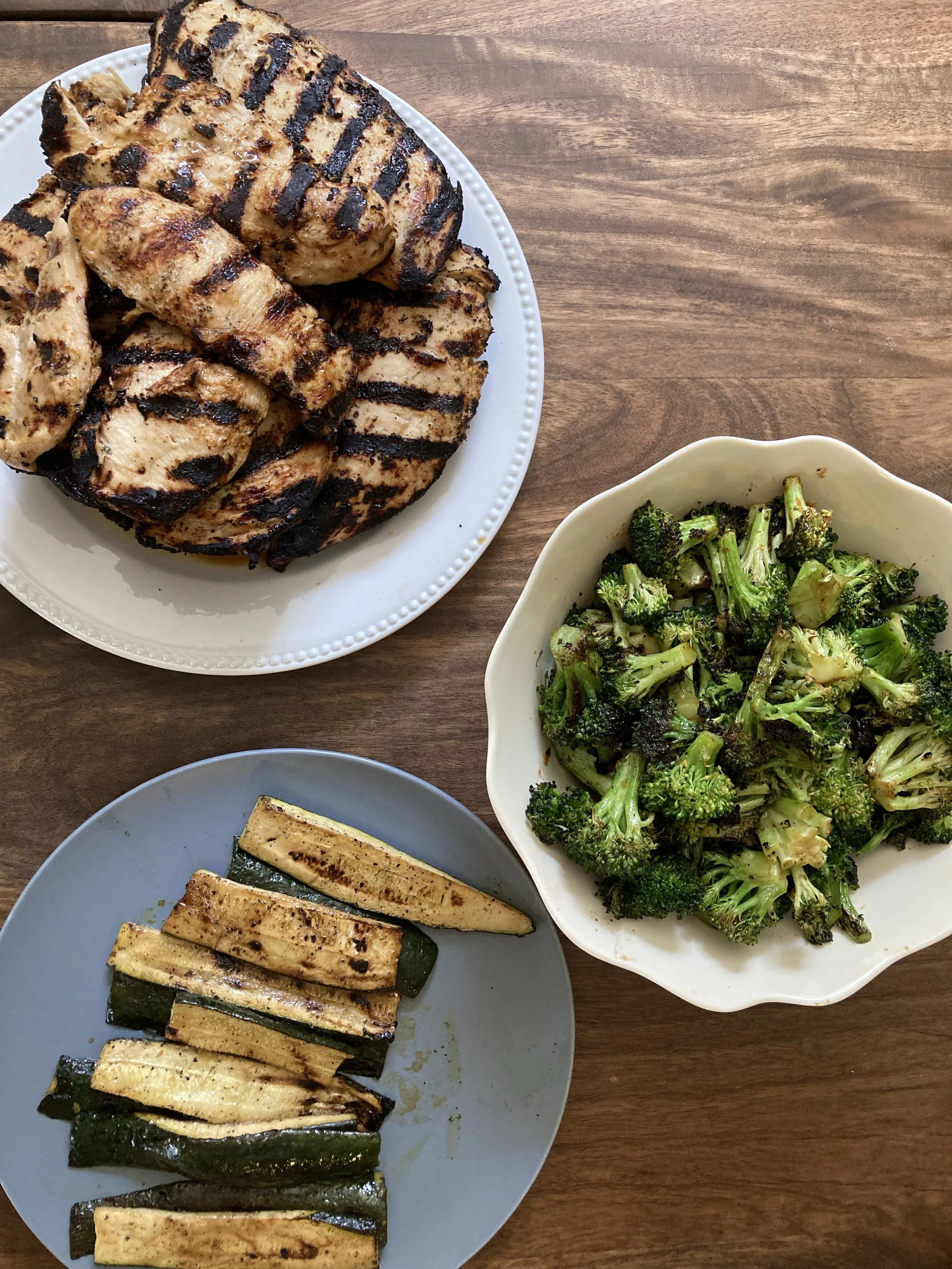




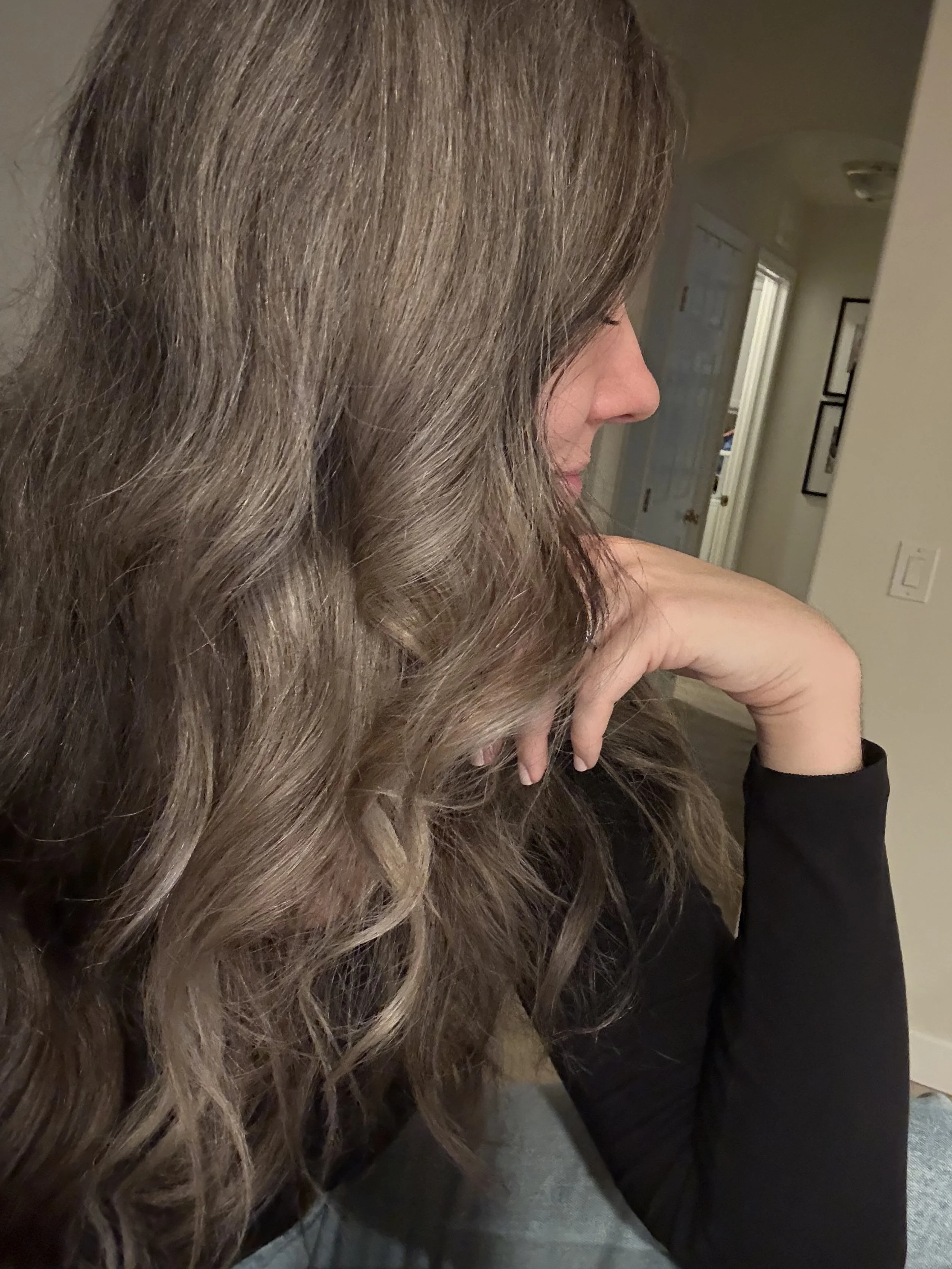

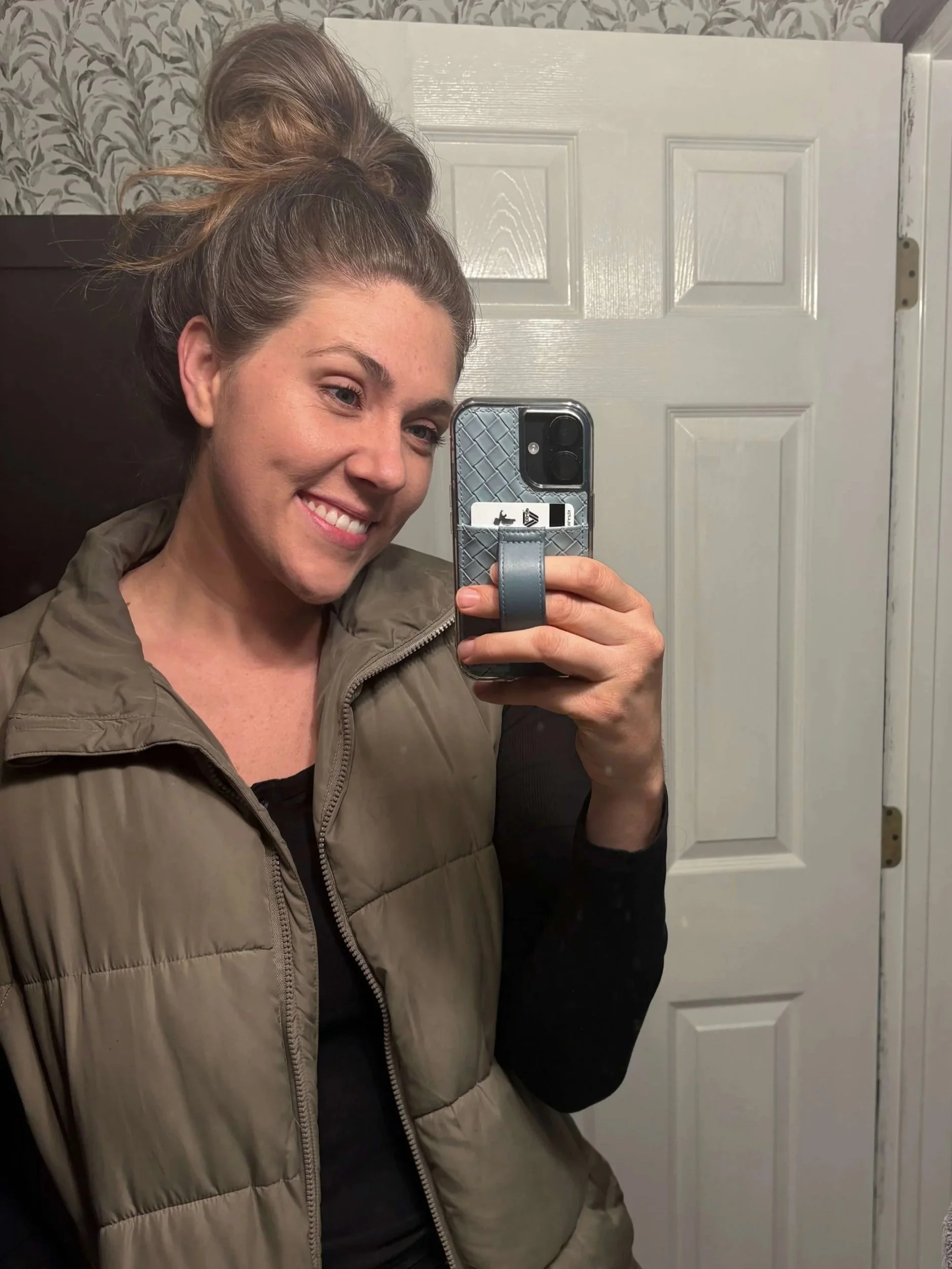

What is self-care actually?? This post explores what actually supports our wellness.. and all ideas shared take 5 minutes or less 👏